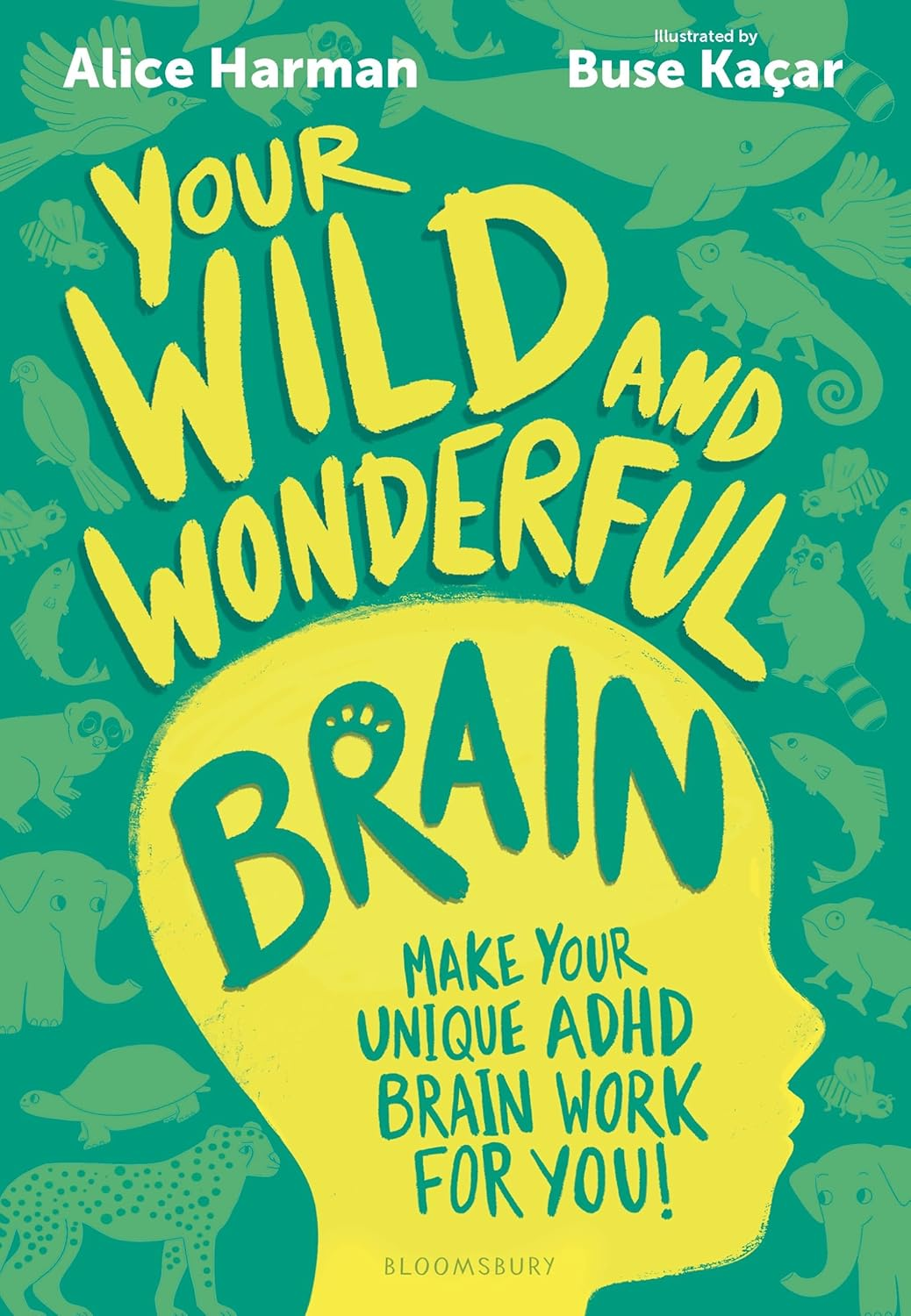Caring for Dementia Patients (helpful ideas)

Dementia is a whole suite of diseases (not just Alzheimer’s) but it’s one of the most serious, as patients can sometimes live for decades, while losing their mental faculties, which can result often in carers being too scared to leave them alone for a minute.
Vascular dementia often occurs after a stroke, and frontotemporal dementia can cause big personality changes.
Often patients with advanced dementia will try to open doors, climb over stair rails, and don’t even remember their loved ones, which can be deeply upsetting.
If your loved one with dementia is still at home with you (or even in residential care), here are some useful tips and resources to make life easier for you, and more comfortable for loved ones.
- Keep to a Routine. Just like babies and pets, dementia patients love routine. So try to get up at the same time, have meals at the time, and go to bed at the same time.
- Simplify communication. Speak slowly in short clear sentence. Use ‘yes and no’ questions.
- Make the space safe. Child-proof locks are good, and keep everything from cleaning products to alcohol away. Remove tripping hazards and place non-slip mats in bathrooms etc.
It’s believed a lot of dementia is due to clogged arteries (just like heart disease). A plant-based diet can help. There is no hard evidence yet that aluminium causes dementia, though you may wish to avoid cheap saucepans (where it rubs off). If there is a link, it’s likely more due to aluminium in tap water and polluted air.
Also see the post on how to look after your brain.
Simple Tips to Live Better with dementia
- Invest in bright sustainable dinnerware.
- Make use of disability benefits, to open up way for other free help.
- Droplet is a lightweight mug that monitors fluid levels with measuring lines. Used on the NHS, relatives and carers can record personal messages, to remind people to drink.
- Use sustainable alternatives for bladder incontinence. Also order a cheap Radar key that lets patients and carers into accessible toilets.
- StairSteady is a more affordable alternative to stair lifts. Engineers fit handrails with sliding support that lock in place, to prevent falls down stairs. You can fold the handle away, when not in use, and there are solutions for split stairs.
- SafeWander is a wearable wireless sensor, which sends an instant alert on your phone, if the patient starts to get up from the bed or chair. Night lights are also good.
Switch Donations to Humane Medical Research
If you ask ‘the establishment’, they will all say the same thing: give lots of money to the major dementia charities, until a cure is found. There are huge issues with this. But research using animals is not just cruel and expensive, but massively outdated.
There are vested interests in keeping the status quo due to huge donations. Yet humane research charities (that use modern cheaper quicker models instead of live animals) do brilliant work and have boffins who are just as clever.
Yet get a tiny percentage of charity donations and no government grants. So only donate to humane research charities, and it’s likely we’ll find cures for dementia and other serious diseases much sooner.
If you wish to get help from (or donate to) a dementia charity, we would suggest switching from Alzheimer’s UK (which does test on animals) to Dementia UK, which doesn’t.
It has a a free 0800 helpline for patients and carers, and it offers free Admiral nurses, who provide specialist care for dementia patients. You can book face-to-face or online appointments to find out more.






